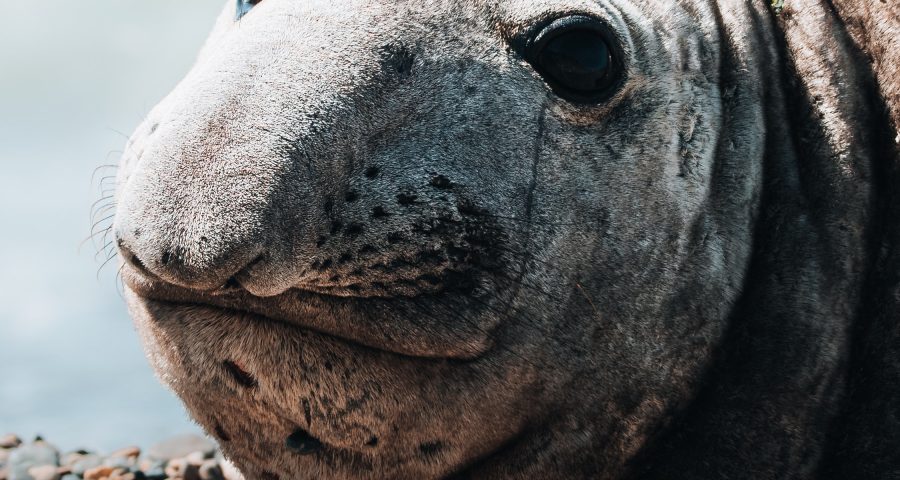How do you catch Z’s. . . in the sea?
This is Sandra Tsing Loh with the Loh Down on Science.
All animals need sleep, even ocean-dwellers. But how do seafaring animals sleep safely from predators?
Jessica Kendall-Bar from the University of California, Santa Cruz and team dove in.
Researchers studied sleeping habits of northern elephant seals. They used sensors to track their brain activity, heart rate, motion, and ocean depth. This study confirmed that unlike other marine animals, elephant seals sleep with both eyes closed. Easy meal for sharks and orcas?
ACTUALLY, these seals slowly sink to depths of nearly FOUR HUNDRED meters – as they sleep! That’s deeper than predators want to go. While at sea, elephant seals take multiple naps each day totaling about two hours this way.
Knowing how and where these seals sleep can help guide conservation efforts. Their unique sleeping patterns can also provide insight into the evolution and functions of sleep.
Talk about RESTING IN PEACE!
Reference:
Kendall-Bar, J. M., Williams, T. M., Mukherji, R., Lozano, D. A., Pitman, J. K., Holser, R. R., Keates, T., Beltran, R. S., Robinson, P. W., Crocker, D. E., Adachi, T., Lyamin, O. I., Vyssotski, A. L., & Costa, D. P. (2023). Brain activity of diving seals reveals short sleep cycles at depth. Science (New York, N.Y.), 380(6642), 260–265. https://doi.org/10.1126/science.adf0566

